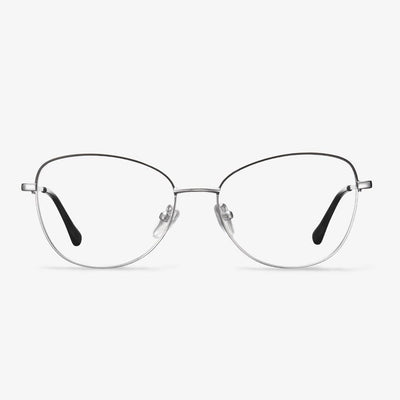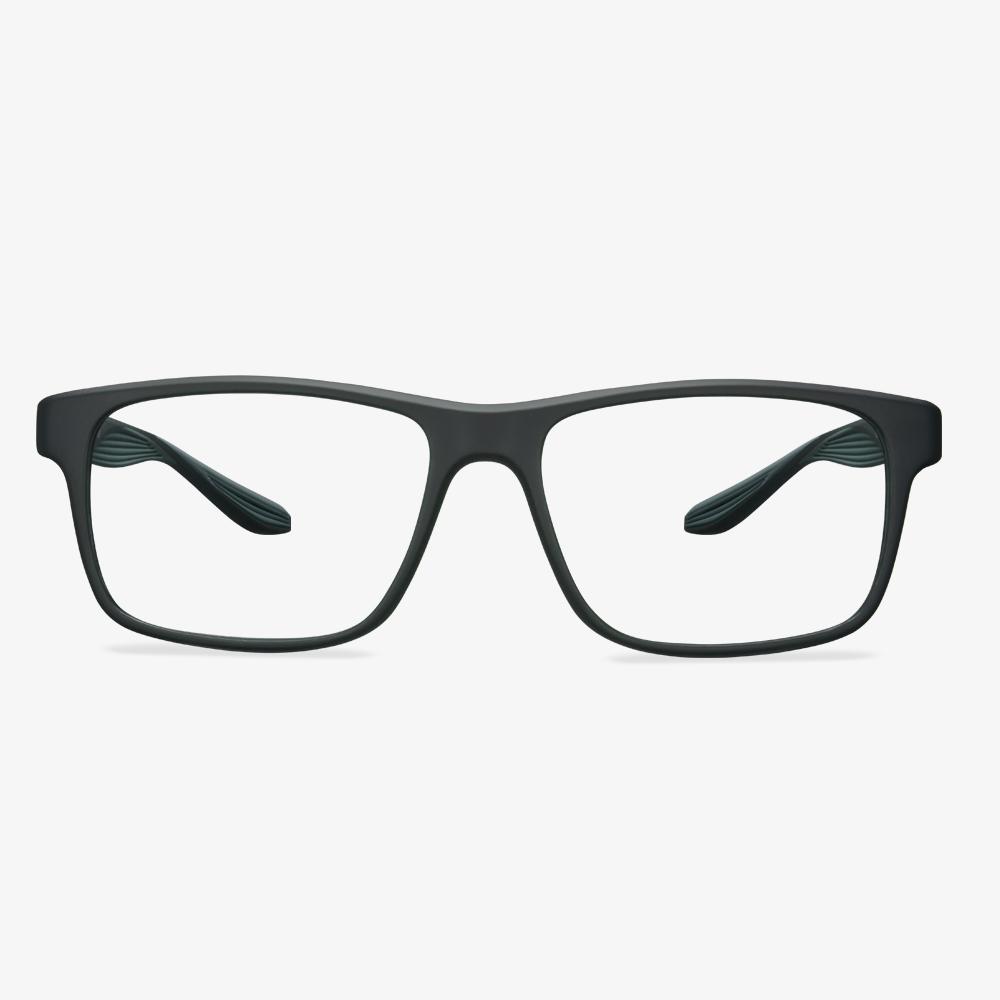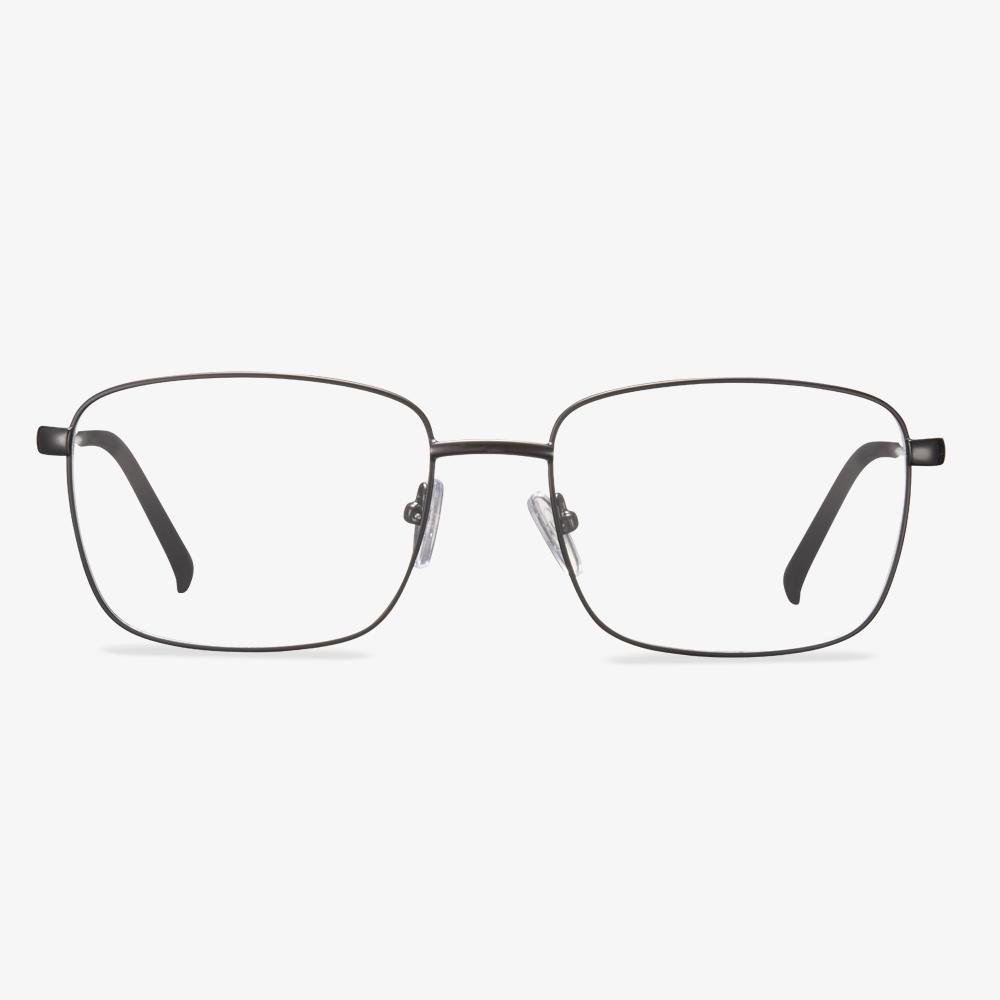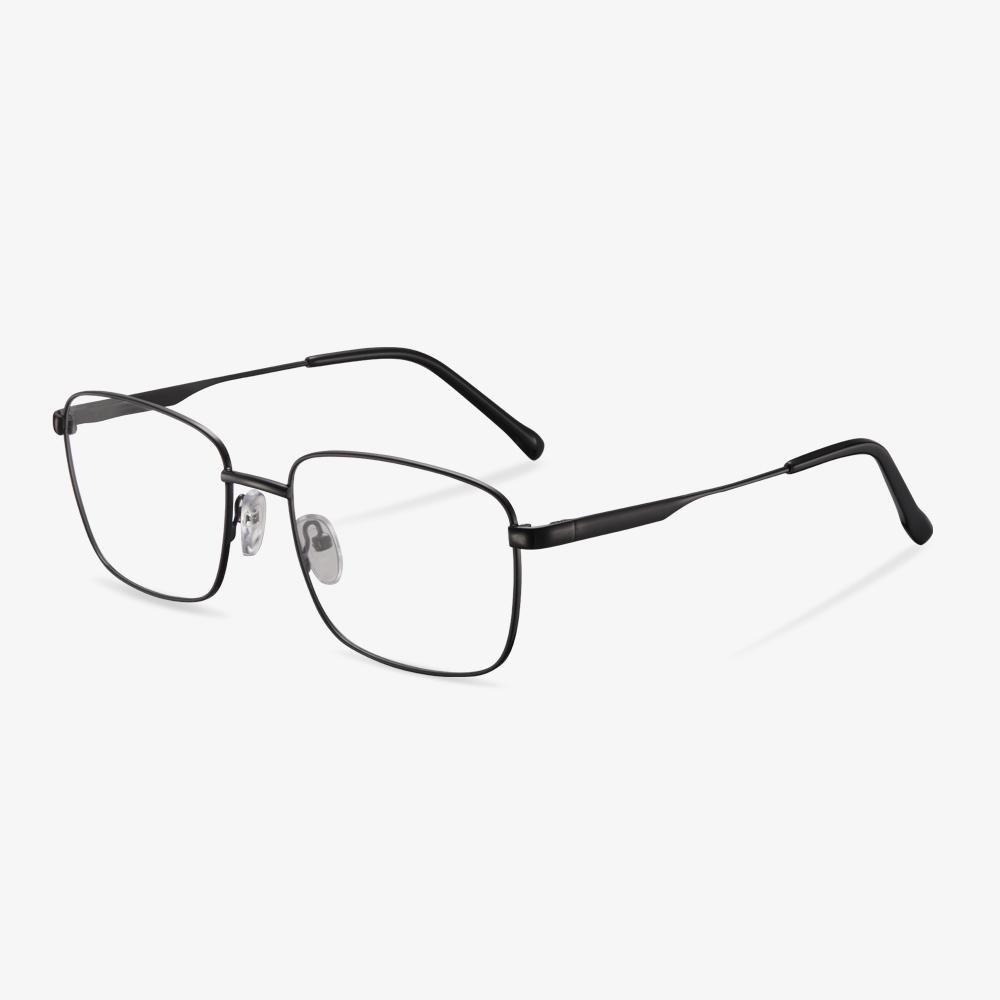How to Choose Reading Glasses?
Find the right power. When choosing reading glasses, finding the right power would be the most important thing. All reading glasses will have signs or stickers indicating their power. In most cases, they will range from +1 to +4 diopter, in increments of +0.25. So, when choosing reading glasses, try the lowest power first.
Test-drive the glasses. If you have brought reading material with you, try reading it at a comfortable length. If you hold the material too far out to be able to read it, you should increase the power. Keep testing the differences powers until can read clearly at the distance that’s more comfortable for you.
Difference Between Driving Glasses And Night Vision Goggles
Polarized glasses are made according to the principle of the polarization of light. Night vision goggles are an auxiliary observation tool based on night vision technology with the help of photoelectric imagers. Driving glasses are made according to the lens polarized angle and radian, on the basis of the principle of precision optical design. They can only make good light pass through, and other light sources, like the strong sunlight, the glare of a light source like a car headlight is filtered, thus removing the interference of external light, to avoid the presbyopia, dazzling, and so on. Night-vision goggles are divided into two kinds: One is Night Goggles, and the other one is Thermal Goggles. Image intensifying night vision technology is a photoelectric imaging technology that enhances the faint target image illuminated by night skylight through night-vision goggles with an intensifier tube for observation.
Who needs computer glasses?
Blue light radiation from computer screens and so on usually only requires a piece of fiberglass to block, usually, we just use the anti-radiation glasses. Office white-collar workers often spend more than 8 hours a day working in front of a computer, and sometimes they spend their entertainment with a computer after going home. After long, the eye often can feel dry, sour bilge, ache, shed tears even, giddy. These are all related to the blue light stimulus emitted by the screen.
Disadvantages of Progressive Lenses
It takes time to adapt to the lenses. It can generate poor visual resolution (blur). There is also a geometric distortion of the field of view. Some of the problems with advanced progressive lenses occur when walking up and downstairs. Because the reading correction is at the bottom, the staircase may look like a rebound. However, this is all done to accommodate your progressive lenses, and within about two weeks the shortcomings should disappear. It takes some time to get used to progressive lenses. Changes in vision occur at the rim of the lens, leading to slight changes in peripheral vision. For some people, change is a little difficult. Because the first wear of progressive lenses may occur slight dizziness, shaky walking. One should be careful when they exercise or go Up and down the stairs. Because the sense of space changes, the distance judgment of the object, the sense of depth changes, people who first wear should not immediately drive or do strenuous exercise. When looking closely, the eyes need to turn down, they have mild discomfort in the eyes. The object becomes blurry when they look at it through a blurred area around the lens. Therefore, new wearers turn their heads more and turn their eyes less when they see things and try to use the far, near, and middle distance areas to see the object.
Why do people like wearing rimless glasses?
Rimless glasses are not heavy in weight, so they are suitable for all skin types. Even if you have oily skin, because the glasses themselves are not heavy in weight, they are not easy to slip off. Since rimless glasses have no frames and are made of memory titanium alloy, they are not heavy, which greatly alleviates the pressure on the bridge of the nose and eyes and makes them more comfortable to wear. And because there are no frames, the wearer has a wider field of view.
What is the progressive multifocal lens?
The lens of progressive multifocal glasses can change the refraction of the lens at the upper part of the central channel of the line of sight, which can effectively solve the difference of refraction when people view objects at different distances from long, medium, and short distances. Depending on demand, people have the flexibility to change or compensate vision according to visual distance, making it easier to help to adjust your vision in a variety of situations.
What is cellulose acetate?
Cellulose acetate refers to a thermoplastic resin obtained by esterification with acetic acid as a solvent and acetic anhydride as an acetylating agent under the action of a catalyst. It is the first commercially produced and continuously developed fiber among cellulose derivatives. Vegetarian organic acid esters.











































